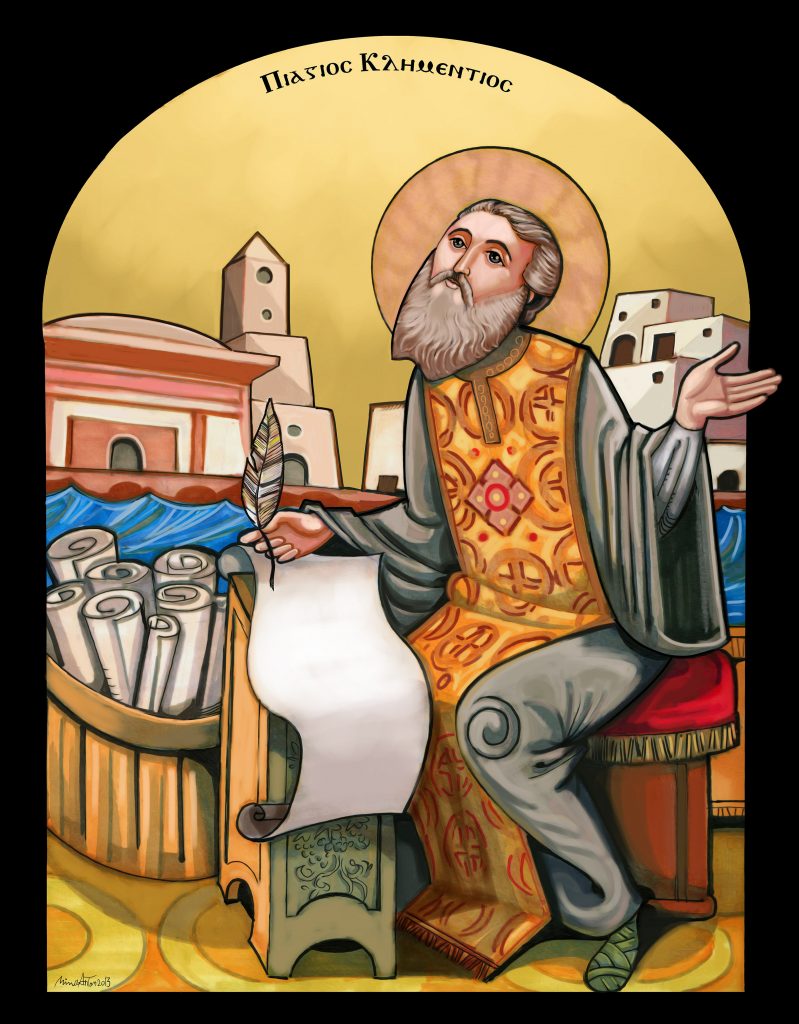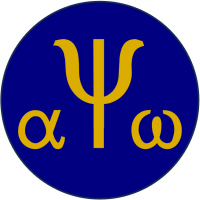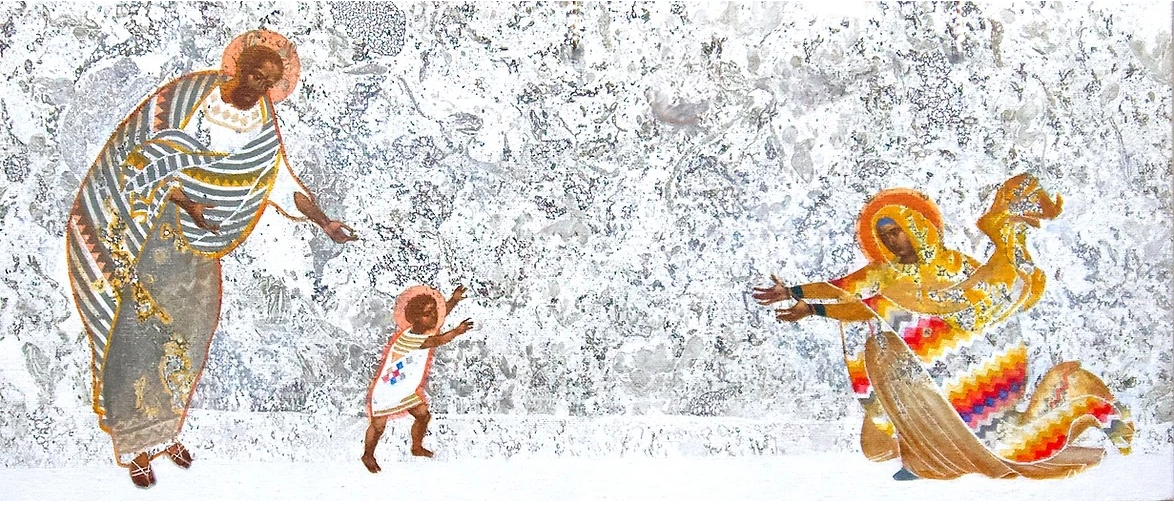
Clement of Alexandria
Clement (c.150-214 AD) lived and worked in one of the most important cultural, religious and trade centres of the ancient world. The eclectic religious and philosophical atmosphere of Alexandria had given rise to various unorthodox Christian sects (collectively known as the gnostics), and Clement’s opposition to such groups form a major theme in his writings.
A second major theme in Clement’s work is his determination to show that Christianity is not alien to the highly prized Greek culture and philosophy of the day. Instead, Clement presented the teachings of Christ to his educated audience as the supreme philosophy.
A third theme present throughout his works is the highly ascetic character of early Christianity which led, within 100 years of his death, to the flowering of monasticism in the Egyptian desert.
Quotes from Clement of Alexandria
I’ve compiled some of my favourite quotes from Clement of Alexandria on some of his common themes. Click the links to read more…
Clement of Alexandria’s Texts in Translation
Quotes and books about a person are all well and good but there’s nothing better than reading an entire text by someone to fully understand their approach.
G. W. Butterworth (translator), Clement of Alexandria: Exhortation to the Greeks, The Rich Man’s Salvation, To The Newly Baptized (LOEB Classical Library 92) (Cambridge, MA: Harvard University Press, 1999)
A nice pocket sized hardback. Ideal for the busy commuter seeking late 2nd century inspiration! Especially good if you know (even a little) Greek, as the texts are printed with the Greek on the left hand page and the English translation on the right. The translation was made in 1919, so although dated in places it does make for easier reading than the versions in the Ante-Nicene Fathers series (see below). Try a search on Abebooks.co.uk.
A. Roberts and J. Donaldson (editors), The Ante-Nicene Fathers, Volume 2: Fathers of the Second Century: Hermas, Tatian, Athenagoras, Theophilus, and Clement Of Alexandria (Entire)
Includes all of Clement’s works – The Exhortation (Protreptikos), The Instructor (Paedagogus), The Miscellanies (Stromateis), Who is the Rich Man that Shall be Saved? (Quis Dives Salvetur). However, it is written in 1880’s English which (combined with Clement’s natural style) often makes it hard work to read. Note: The entire text of this book is also available to download in .pdf format completely free of charge from CCEL!
Books about Clement of Alexandria
If you’re wanting to read more and the life and times of Clement of Alexandria, here are some recommended starting points.
H. Chadwick, Early Christian Thought and the Classical Tradition (Oxford: Clarendon Press, 1984)
This small paperback provides a great overview of three important early Christian thinkers (Justin Martyr, Clement of Alexandria and Origen) and their role in integrating Christianity with Greek culture. Worth searching on Abebooks.co.uk.
C. Bigg, The Christian Platonists of Alexandria (Oxford: Clarendon Press, 1913 – 2nd edition)
A more lengthy and in-depth survey of the life and work of both Clement of Alexandria and Origen. Also includes good coverage of the important & influential Philo (a Jewish Alexandrian theologian in whose footsteps Clement and Origen trod). Try searching Abebooks.co.uk.

